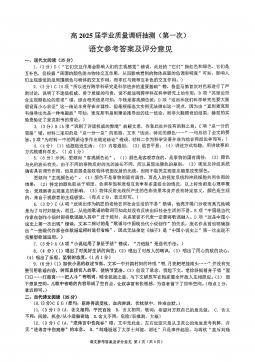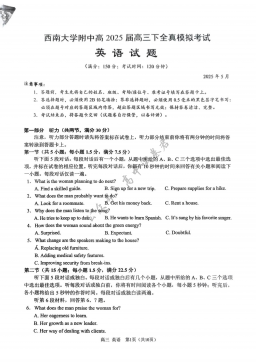
Mother was down at the Link offices every day, coming home late and grim. This is their final push,
she said; if they do this, we have nowhere to go but underground.
In late March, a squadron of planes from the Host of God flew from Colorado to the District of
Washington and bombed the Library there, plane after plane, four hours of bombing that turned centuries
of history and millions of books into dirt. Washington was not a Pale, but the beautiful old building,
though often closed and kept locked, under guard, had never been attacked; it had endured through all
the times of trouble and war, breakdown and revolution, until this one. The Time of Cleansing. The
Commander-General of the Hosts of the Lord announced the bombing while it was in progress, as an
educational action. Only one Word, only one Book. All other words, all other books were darkness,
error. They were dirt. Let the Lord shine out! cried the pilots in their white uniforms and mirror-masks,
back at the church at Colorado Base, facelessly facing the cameras and the singing, swaying crowds in
ecstasy. Wipe away the filth and let the Lord shine out!
But the new Envoy who had arrived from Hain last year, Dalzul, was talking with the Fathers. They
had admitted Dalzul to the Sanctum. There were neareals and holos and 2Ds of him in the net and
Godsword. It seemed that the Commander-General of the Hosts had not received orders from the
Fathers to destroy the Library of Washington. The error was not the Commander-General's, of course.
Fathers made no errors. The pilots' zeal had been excessive, their action unauthorised. Word came from
the Sanctum: the pilots were to be punished. They were led out in front of the ranks and the crowds and
the cameras, publicly stripped of their weapons and white uniforms. Their hoods were taken off, their
faces were bared. They were led away in shame to re-education.
All that was on the net, though Sutty could watch it without having to partiss in it, Father having
disconnected the vr-proprios. Godsword was full of it, too. And full of the new Envoy, again. Dalzul was
a Terran. Born right here on God's Earth, they said. A man who understood the men of Earth as no alien
ever could, they said. A man from the stars who came to kneel at the feet of the Fathers and to discuss
the implementation of the peaceful intentions of both the Holy Office and the Ekumen.
"Handsome fellow," Mother said, peering. "What is he? A white man?"
"Inordinately so," Father said.
"Wherever is he from?"
But no one knew. Iceland, Ireland, Siberia, everybody had a different story. Dalzul had left Terra to
study on Hain, they all agreed on that. He had qualified very quickly as an Observer, then as a Mobile,
and then had been sent back home: the first Terran Envoy to Terra.
"He left well over a century ago," Mother said. "Before the Unists took over East Asia and Europe.
Before they even amounted to much in Western Asia. He must find his world quite changed."
Lucky man, Sutty was thinking. Oh lucky, lucky man! He got away, he went to Hain, he studied at the
School on Ve, he's been where everything isn't God and hatred, where they've lived a million years of
history, where they understand it all!
That same night she told Mother and Father that she wanted to study at the Training School, to try to
qualify for the Ekumenical College. Told them very timidly, and found them undismayed, not even
surprised. "This seems a rather good world to get off of, at present," Mother said.
They were so calm and favorable that she thought, Don't they realise, if I qualify and get sent to one of
the other worlds, they'll never see me again? Fifty years, a hundred, hundreds, round trips in space were
seldom less, often more. Didn't they care? It was only later that evening, when she was watching her
father's profile at table, full lips, hook nose, hair beginning to go grey, a severe and fragile face, that it
occurred to her that if she was sent to another world, she would never see them again either. They had
thought about it before she did. Brief presence and long absence, that was all she and they had ever had.
And made the best of it.
"Eat, Aunty," Mother said, but Aunty only patted her piece of naan with her little ant-antenna fingers
and did not pick it up.
"Nobody could make good bread with such flour," she said, exonerating the baker.
"You were spoiled, living in the village," Mother teased her. "This is the best quality anybody can get
in Canada. Best quality chopped straw and plaster dust."

 2024-12-06 5
2024-12-06 5
 2024-12-06 12
2024-12-06 12
 2024-12-06 30
2024-12-06 30
 2024-12-06 27
2024-12-06 27
 2024-12-06 33
2024-12-06 33
 2024-12-06 14
2024-12-06 14
 2024-12-06 38
2024-12-06 38
 2024-12-06 18
2024-12-06 18
 2024-12-06 50
2024-12-06 50
 2024-12-06 31
2024-12-06 31








 渝公网安备50010702506394
渝公网安备50010702506394
